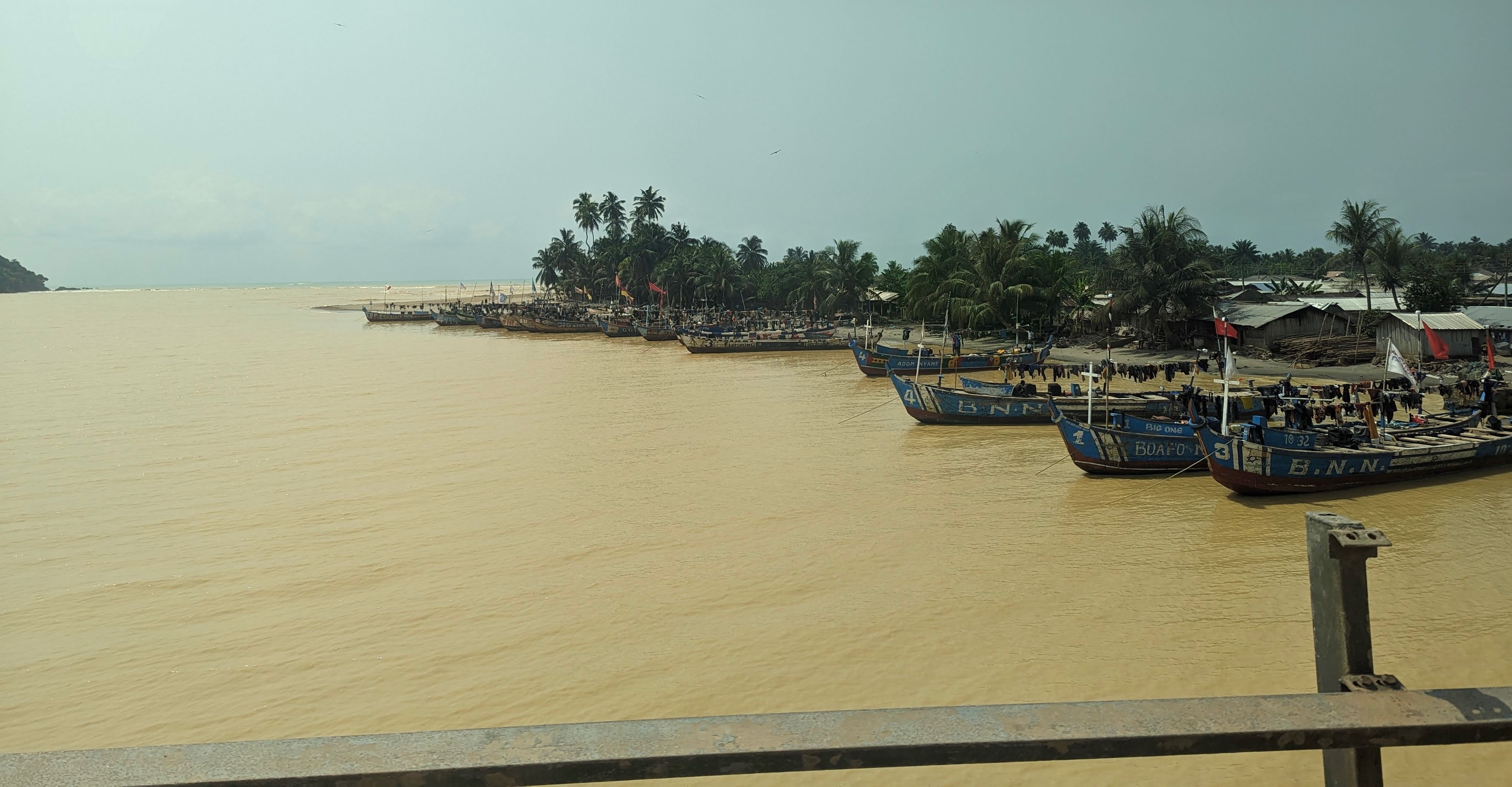Ghana dispatch: Foreign Affairs Minister tightens visa requirements for Chinese citizens to curb illegal mining – Jurist.org
By John Kyeremanteng Nuamah | U. Cape Coast Faculty of Law, Gh
Copyright jurist

Ghana’s Foreign Affairs Minister, Hon. Samuel Okudzeto Ablakwa, announced on September 15 a new visa policy reforming requirements for Chinese nationals in the country. The policy aims to curb illegal mining in Ghana—commonly known as “galamsey.” Illegal mining continues to devastate water bodies, threaten public health, and contribute to rising electricity and water costs. One of its most severe impacts has been the shutdown of the Ghana Water Company’s operations in Swedru, a town in the Central Region, forcing residents to seek alternative sources of water. The reforms will eliminate the possibility for Chinese citizens to apply for group visa applications, regardless of their purpose for traveling, and will now require every Chinese citizen to interview individually—rather than as a group—as part of the visa application process. Additionally, it features the arrests, prosecution, and eventual deportation of Chinese citizens who violate these regulations.
The issue of illegal mining in recent years has led to widespread public outrage, including demonstrations and workers’ strikes. It was also a significant factor in the change of political power during Ghana’s 2024 presidential elections, as the populace viewed the incumbent president as offering realistic prospects for curbing the menace.
In recent times, there has been growing public support for the government to declare a state of emergency in mining-intensive areas, a measure for which Ghana’s president has been unexpectedly reluctant. In an exclusive media interview, he said that declaring a state of emergency would be the government’s last resort to combat illegal mining. He justified his stance by stating that there are already enough laws, and enforcing those laws would most effectively curb the menace.
Instead of declaring a state of emergency, the government established the Ghana Gold Board (Goldbod), granting it exclusive rights to buy, sell, and export the country’s gold and other precious minerals. The government also launched a mining task force to target illegal mining hotspots, confiscate equipment, and prosecute illegal miners in court. So far, these operations have resulted in the seizure of excavators and other tools commonly used in illegal mining operations. Additionally, the Driver and Vehicle License Authority (DVLA) implemented a mandatory excavator registration to monitor their operations and movement.
Ghana’s recent initiatives aim to tighten visa requirements for Chinese citizens due to their active involvement in this perilous venture. Foreign Affairs Minister, Hon. Samuel Okudzeto Ablakwa first proposed these visa policy reforms during Ghana’s diplomatic missions to China, where he recommended that Ghanaian embassies in Beijing—and the consulate in Guangzhou—implement these new policy reforms. The lethal effects of illegal mining can never be overemphasized. It is a problem which ought not to be politicized or even associated with a class of individuals as it claims the very life of every living thing in our country.
In my view, the duty imposed upon Ghana by the International community and Ghana’s 1992 Constitution ensuring peaceful relations between states does not mean that Ghana must tolerate acts which have devastating environmental consequences. The implementation of these reforms serves a dual purpose of maintaining diplomatic relations with China while serving as a check against illegal mining. All Ghanaians must rally behind the government to prevent illegal mining activity for a safer, better Ghana. We owe it to the Constitution and posterity.



